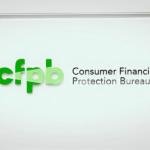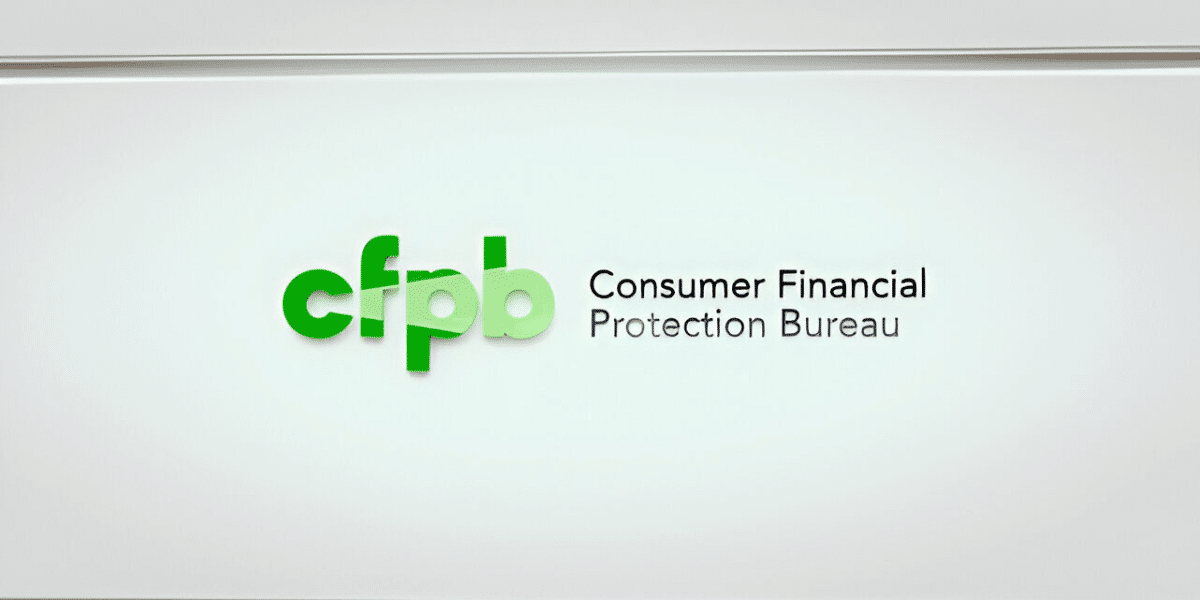The Consumer Financial Protection Bureau (CFPB) has taken legal action against Experian, a major player in the credit reporting industry, alleging that the company failed to properly investigate credit report errors. The lawsuit, titled “CFPB Sues Experian,” marks a significant step in the ongoing effort to protect consumers’ financial rights. Credit reports play a crucial role in determining your financial opportunities, from securing a loan to renting an apartment. But what happens when the data that shapes these decisions is flawed?
Consider the potential ripple effects on consumer protections and credit reporting practices. How might this legal challenge influence your ability to manage and correct errors on your credit report? The CFPB’s actions against Experian could signal a shift in how credit reporting agencies handle disputes, ultimately impacting your financial health. Understanding these developments can empower you to take control of your credit journey.
The Complex World of Credit Report Inaccuracies
In the intricate world of credit reporting, inaccuracies can have widespread consequences on an individual’s financial health. Credit report errors are common and can be deeply damaging. These inaccuracies can range from simple clerical mistakes to more severe issues like incorrect account status or identity theft. The most prevalent errors include outdated personal information, incorrect account details, and erroneous credit limit records. Such inaccuracies can significantly affect credit scores, often leading to higher interest rates on loans, difficulties in securing housing, or even job opportunities being jeopardized due to employer credit checks.

The impact of these errors on credit scores can be substantial. The recent case where the CFPB sues Experian highlights the importance of addressing such discrepancies. A single discrepancy, such as a misreported late payment, can lower a credit score by several points. This reduction can translate into increased costs over time, as lenders may offer less favorable terms. For consumers, the challenges of identifying these issues are compounded by the complexity of the credit reporting systems. Many individuals lack the financial literacy to fully understand their credit reports, making it difficult to spot and rectify errors. This lack of awareness can leave consumers vulnerable to the consequences of uncorrected inaccuracies.
Identifying and resolving credit report errors can be daunting due to the opacity of the credit reporting industry. The recent case where the CFPB sues Experian underscores the challenges consumers face in understanding their rights and navigating the dispute process. Despite federal regulations mandating that credit reporting agencies conduct thorough investigations of disputed items, the reality is that these processes are often inadequate. This inadequacy is at the heart of the CFPB’s lawsuit against Experian, highlighting the need for systemic changes to better protect consumer rights.
The Investigation Process: A Critical Examination
Experian’s investigation process for handling credit report disputes has come under scrutiny, particularly in light of the CFPB lawsuit. The lawsuit alleges that Experian failed to conduct proper investigations into consumer disputes, a violation of the Fair Credit Reporting Act (FCRA). The FCRA requires credit reporting agencies to investigate disputes within 30 days and correct any errors found. However, the CFPB asserts that Experian’s processes are flawed, often resulting in superficial investigations that leave errors unresolved.
One of the specific failures highlighted by the CFPB sues Experian case is Experian’s reliance on automated processes for dispute investigations. These automated systems, while efficient, may overlook nuances in consumer complaints, leading to inadequate resolutions. The lawsuit suggests that Experian’s approach prioritizes efficiency over accuracy, which can perpetuate inaccuracies in credit reports. This reliance on automation raises questions about the systemic practices within the credit reporting industry, indicating a need for more thorough, human-reviewed investigations to ensure fair outcomes for consumers.
The implications of these shortcomings extend beyond Experian, reflecting broader systemic issues in the credit reporting industry. If left unchecked, these practices could undermine consumer trust in the accuracy of credit reports. The CFPB sues Experian case serves as a critical reminder of the importance of stringent regulatory oversight to ensure that credit reporting agencies uphold their responsibilities to consumers. By holding Experian accountable, the CFPB aims to set a precedent that encourages all credit reporting agencies to prioritize consumer rights and accuracy in their reporting processes.
Consumer Impacts and Legal Ramifications
The implications of the CFPB lawsuit against Experian are far-reaching, particularly for consumers who rely on accurate credit reports to make informed financial decisions. One of the potential outcomes of the lawsuit is an increase in consumer rights and protections. If the court rules in favor of the CFPB, it could lead to stricter regulations for credit reporting agencies, ensuring more rigorous investigations and greater accountability in handling disputes. This shift could empower consumers, providing them with more leverage to correct inaccuracies that could otherwise impact their financial well-being.
The lawsuit also holds the potential to influence credit repair and reporting practices industry-wide. If CFPB sues Experian and the company is found liable, other credit reporting agencies may be prompted to review and enhance their own investigation processes to avoid similar legal challenges. This could result in a more consumer-friendly approach to credit reporting, with agencies investing in better technology and more thorough review processes. Such changes could help restore consumer confidence in the accuracy of credit reports and their ability to dispute errors effectively.
Legal precedents set by the outcome of this lawsuit, where CFPB sues Experian, could shape future expectations for credit reporting agencies. A ruling in favor of the CFPB could establish a framework for more robust consumer protection measures, setting a standard for handling disputes that other agencies must follow. This could lead to a shift in the balance of power between credit reporting agencies and consumers, fostering a more equitable relationship and enhancing the overall transparency of the credit reporting process.
Proactive Steps for Consumers
Navigating the complexities of credit report disputes can be challenging, but there are practical steps consumers can take to safeguard their credit. Regularly checking your credit report is crucial to identify errors early. Consumers are entitled to a free credit report annually from each of the three major credit reporting agencies—Experian, Equifax, and TransUnion—through AnnualCreditReport.com. Reviewing these reports allows you to spot inaccuracies and take timely action to dispute them.
When disputing credit report errors, it’s essential to be organized and thorough. Here are some practical steps:
- Gather documentation: Collect relevant documents that support your claim, such as bank statements or correspondence with creditors.
- Submit a dispute: Contact the credit reporting agency directly to submit your dispute. You can do this online, by phone, or by mail.
- Follow up: Keep track of your dispute’s progress and follow up with the agency if necessary. They are required to respond within 30 days.
In addition to personal efforts, consumers can also leverage credit repair services to assist in managing disputes, especially after the CFPB sues Experian. Companies like The Credit Pros offer expertise in navigating the dispute process, providing resources and guidance to help consumers effectively address inaccuracies. These services can be particularly beneficial for individuals who feel overwhelmed by the complexities of credit reporting or lack the time to manage disputes independently.
By taking proactive steps to monitor and dispute credit report errors, especially in light of the CFPB sues Experian case, consumers can protect their financial health and ensure their credit reports accurately reflect their financial standing. Empowering yourself with knowledge and resources is key to navigating the complex world of consumer credit rights and protections.
CFPB Sues Experian: Final Thoughts and Insights
The CFPB sues Experian case highlights the critical need for accuracy and accountability in credit reporting. With credit reports significantly influencing your financial opportunities, ensuring their accuracy remains essential. The alleged failures in Experian’s dispute investigations underscore broader systemic issues within the credit reporting industry, emphasizing the necessity for comprehensive consumer protections and rigorous oversight.

As this legal battle continues, the CFPB sues Experian case could redefine how credit reporting agencies handle disputes, potentially leading to a more balanced power dynamic between consumers and these agencies. This case serves as a wake-up call for both consumers and industry players, stressing the importance of vigilance in protecting financial rights. Remember, the accuracy of your credit report shapes your financial narrative. Isn’t it time we demand a more transparent and accountable credit reporting system?


